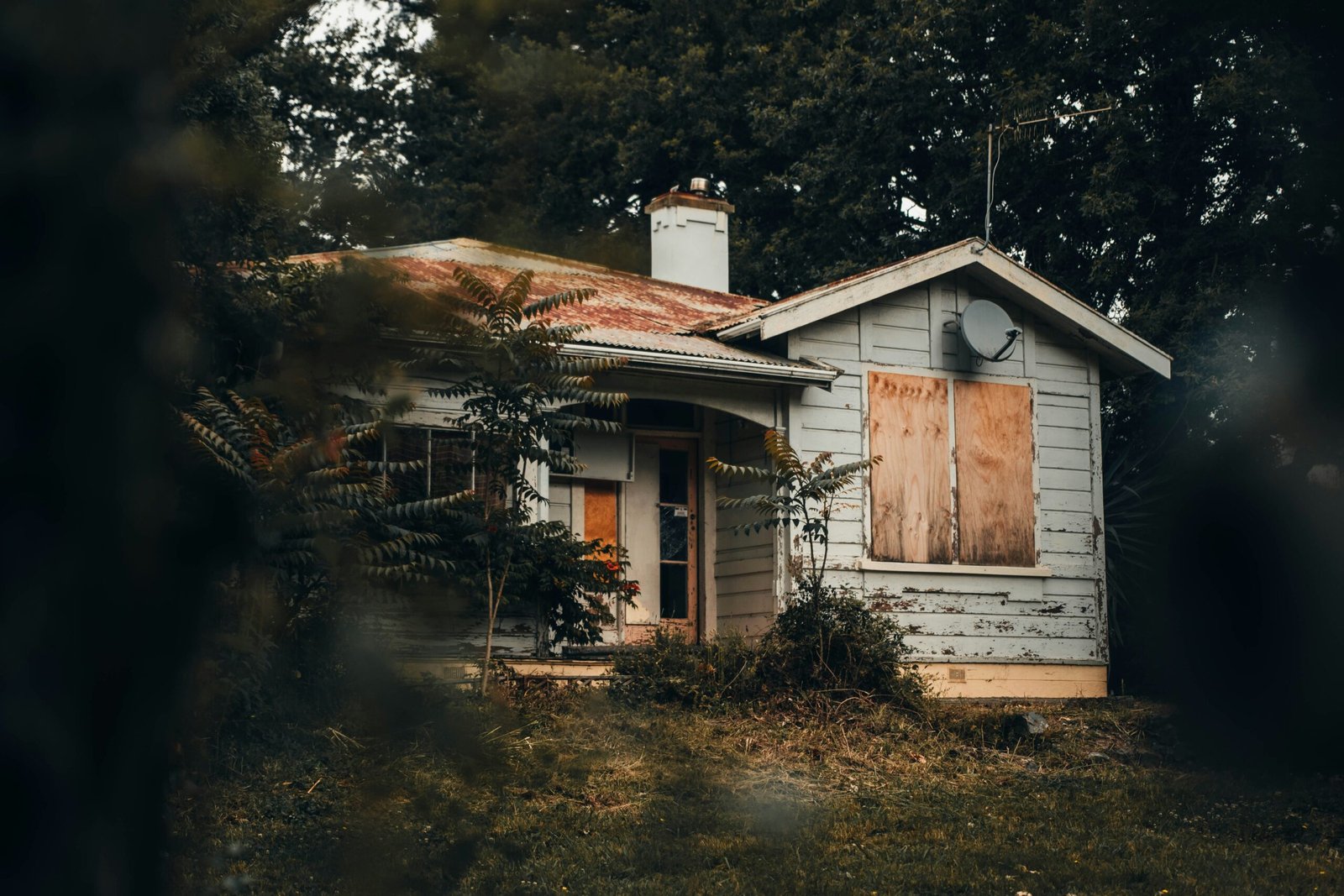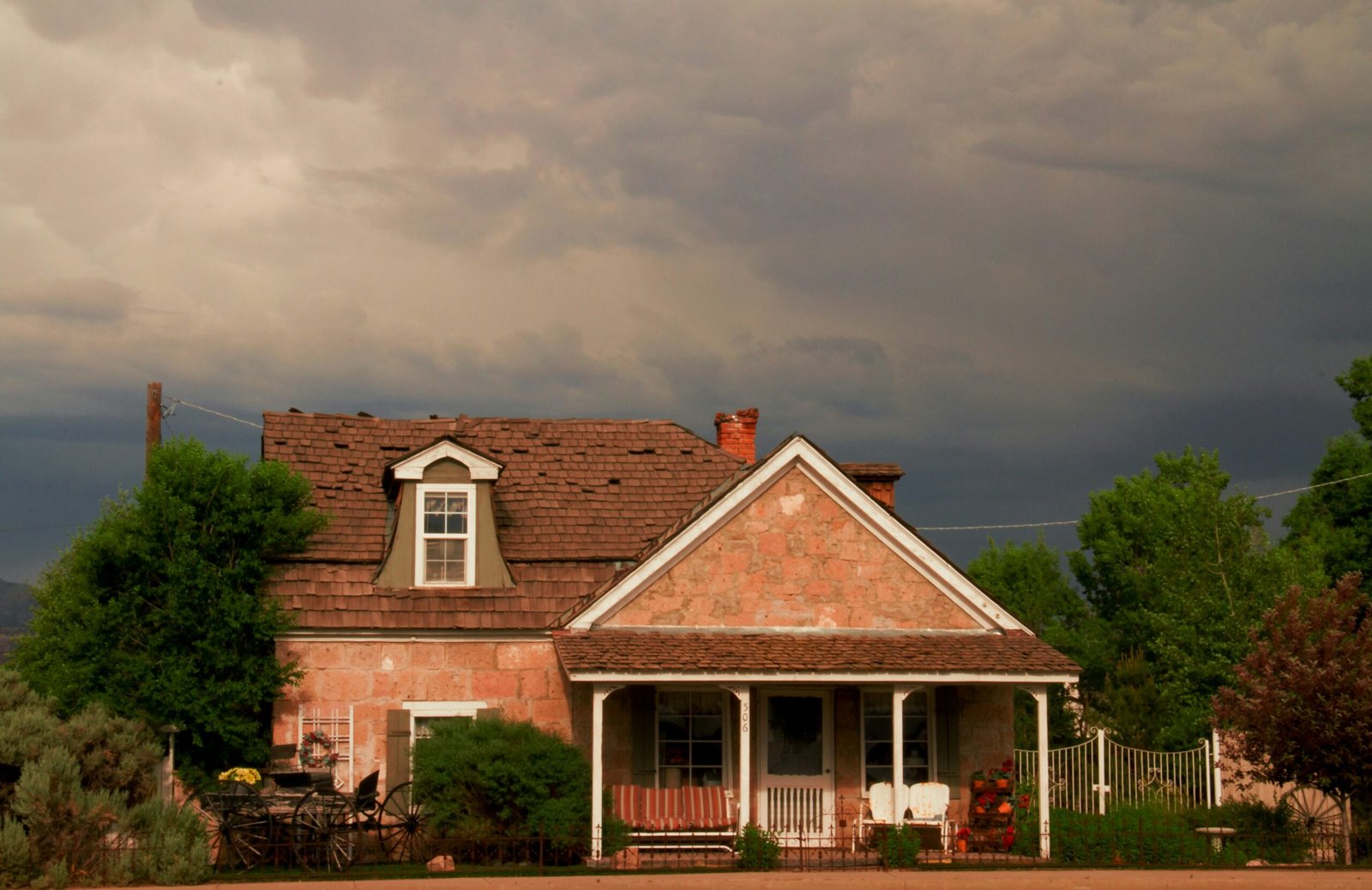As a homeowner, protecting your investment is always a priority. One of the most unsettling discoveries you can make in your home is termite damage. These tiny invaders can silently destroy wooden structures, often going unnoticed until it’s too late. So, a common question arises: Does home insurance cover termite damage?
Unfortunately, in most cases, the answer is no.
Why Termite Damage Isn’t Typically Covered
Standard homeowner insurance policies generally do not cover termite damage. The main reason is that insurance is designed to cover sudden and accidental losses—like a burst pipe or fire—not gradual damage caused by pests over time.
Termite infestations are considered preventable with proper maintenance and routine inspections. Since these pests usually take months or even years to cause noticeable damage, insurance companies view termite destruction as the homeowner’s responsibility.
When Could Termite Damage Be Covered?
There are a few exceptions, though rare. Your policy might offer limited coverage under specific circumstances, such as:
Secondary damage: If termites chew through wiring and it causes a fire, your insurance may cover the resulting fire damage, even if it doesn’t cover the termite issue directly.
Hidden damage clauses: Some premium insurance packages offer add-ons or endorsements for hidden or unexpected structural damage. It's best to review your policy carefully or consult your provider.
How to Protect Your Home from Termites
Since termite damage is largely excluded from most policies, prevention is your best defense:
Schedule annual pest inspections with a certified professional.
Keep wood piles and mulch away from your home’s foundation.
Seal entry points around plumbing and wiring.
Maintain proper drainage around your property to reduce moisture.
By staying proactive, you can reduce the risk of an infestation—and the costly repairs that come with it.
Consider Additional Protection Options
While your homeowner policy may not cover pest-related damage, it’s wise to explore other forms of protection. For example, general liability insurance may be relevant if you're a landlord or property manager and face claims related to property upkeep.
Additionally, having comprehensive coverage for your home, including fire, flood, and theft, ensures you’re prepared for the unexpected. If you're unsure where to begin, explore this homeowner protection guide to better understand your insurance options.
Final Thoughts
Termite damage can be devastating, but it’s not something standard home insurance typically covers. That’s why it’s essential to combine prevention with smart coverage planning. Be vigilant with maintenance, ask your insurer about possible endorsements, and stay informed about what your policy really includes.
Remember, peace of mind starts with understanding your protection—before you need it.



























